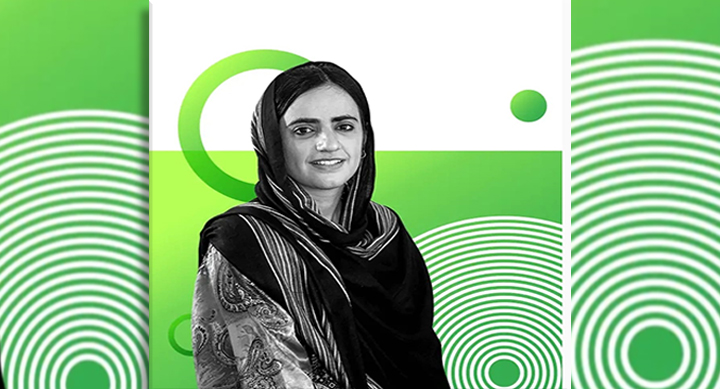It has been more than two and a half months since I was thrown into prison—Hudda Prison, in Quetta, Pakistan, the same place father was caged nearly two decades ago, also for promoting the rights of the people of Balochistan.
Since my arrest, Pakistan’s state secuity agencies have deployed every tactic to break me. I have been offered a deal: stay silent, avoid political activity, and you can be home. I refused. The state has failed to produce a single piece of evidence linking me to any act of violence or criminality. The only “proof” they cite is a press conference I gave a few days before my March 22 arrest.
I spoke to reporters after armed militants had hijacked a train and held 300 passengers hostage for hours. The attack occurred in the Balochistan, the largest province in Pakistan, and was carried out by Baloch separatists who have been fighting with the state for decades. At the press conference, I spoke not to defend the hijackers—our movement, the Baloch Yakjehti [Unity] Committee, has always renounced violence. Indeed, my intention was to draw a distinction between those who confront the state with arms and those who confront it with words.
It’s a crucial distinction, one the state prefers to blur. In Pakistan, “terrorist” is a label pinned on anyone who advocates for Baloch rights. Those who speak up run the risk of arrest by military and intelligence agencies. After their arrest, they might never be seen again. If they are, it is often as a body, produced after a violent incident like the train attack.
This was why I asked reporters: Who were the more than two dozen “unidentified” bodies brought to Quetta’s Civil Hospital after the hijacking? And why were 13 of them buried overnight without being named? The attackers, the Baloch Liberation Army, had released pictures and details of the 12 militants it said were killed. The identities of the rest were a mystery, but we had our suspicions. In Balochistan it is common practice, after violent episodes, for the forcibly disappeared persons to be put to death, and their bodies produced as those of militants.
I demanded DNA testing of those who had been buried in the dead of night. Families of the disappeared feared, with good reason, that their loved ones were among them.

